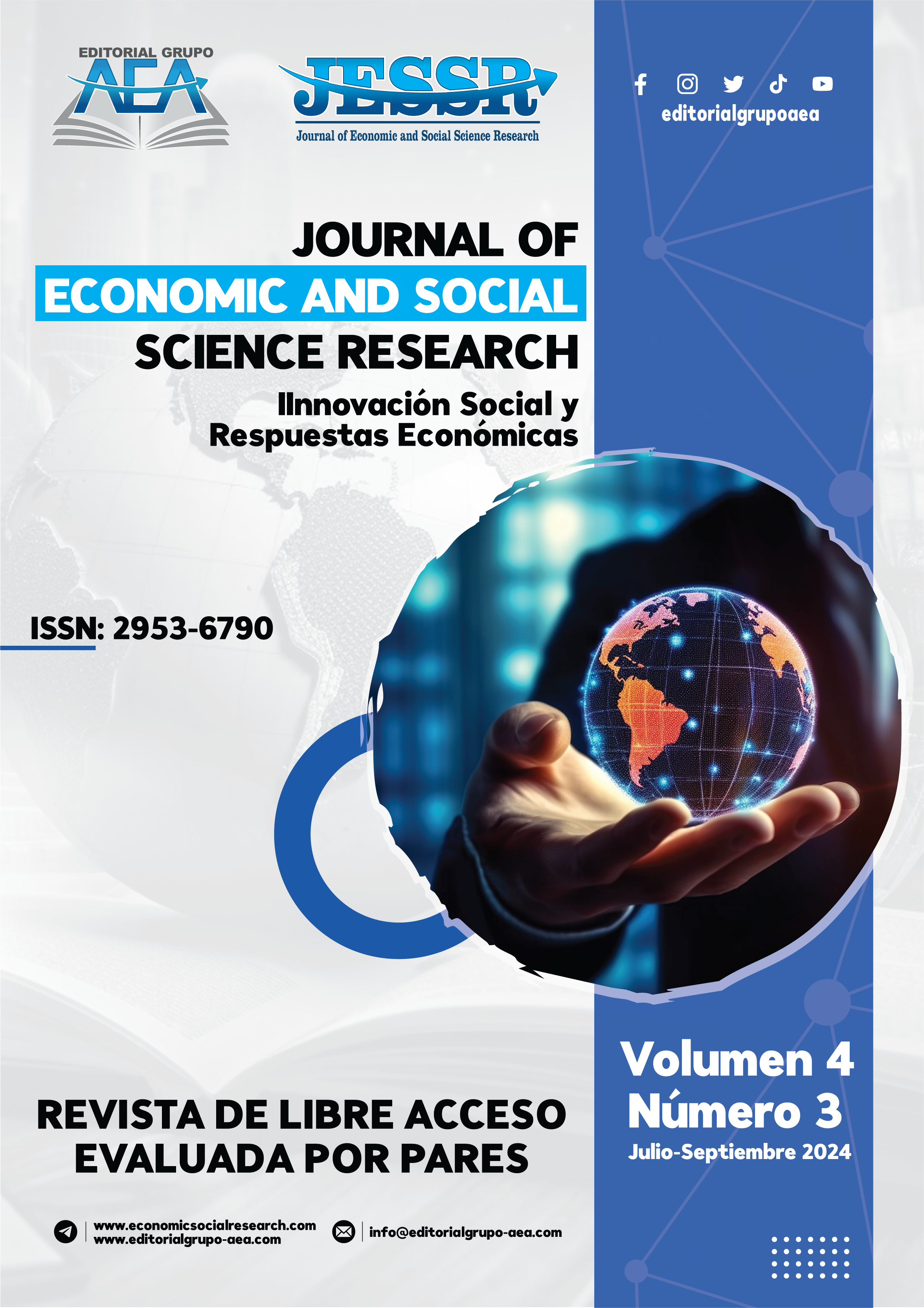The right to data protection and the advance of new technologies in Ecuador: Legal and ethical implications
Main Article Content
Abstract
In today's digital era, the right to protection of personal data and the advancement of new technologies in Ecuador pose significant legal and ethical challenges. Although the Constitution and the Organic Law on the Protection of Personal Data recognize this right, its effective application has been hindered by factors such as the lack of a privacy culture, institutional limitations and rapid technological evolution. The main challenge lies in finding a balance between data protection and taking advantage of the opportunities provided by technologies such as Big Data, artificial intelligence and the internet of things. These tools have enormous potential, but they also pose risks in terms of privacy and information security. From an ethical point of view, the principle of informational self-determination, which allows people to control their data, must be safeguarded. In addition, it is necessary to establish accountability and transparency mechanisms for entities that handle data, as well as address issues such as the perpetuation of biases and discrimination in the use of artificial intelligence. To face these challenges, Ecuador must strengthen its technical and operational capabilities, foster greater awareness of the importance of data protection, and establish governance and accountability mechanisms that ensure the ethical and responsible use of new technologies, safeguarding the fundamental rights of citizens.
Downloads
Article Details
Section

This work is licensed under a Creative Commons Attribution-NonCommercial 4.0 International License.
How to Cite
References
Código Organico Integral Penal [COIP]. (2014). Código Orgánico Integral Penal . Asamblea Nacional. Registro Oficial Suplemento 180: bit.ly/3WzMyXJ
Constitución de la República del Ecuador. (2008). Derecho a la Protección de Datos . Asamblea Nacional Constituyente del Ecuador: Registro Oficial 449 http://www.estade.org/legislacion/normativa/leyes/constitucion2008.pdf
Cuesta, L. (2021). El impacto de la tecnología en los jóvenes. Obtenido de La Vanguardia:https://www.lavanguardia.com/vida/juniorreport/20211130/7897657/impacto-tecnologia-jovenes.html
Eurofound. (2021). The digital age: Implications of automation, digitisation and platforms for work and employment. Luxembourg: Publications Office of the European Union.
Farías, F. (2023). La revolución digital y el impacto en la comunicación. Ámbitos: https://www.ambito.com/opiniones/la-revolucion-digital-y-el-impacto-la-comunicacion-n5883915
Ley de Comercio Electrónico, Firmas Electrónicas y Mensajes de Datos . (2002). Ley de Comercio Electrónico, Firmas Electrónicas y Mensajes de Datos . Registro Oficial Suplemento 557. Asamblea Nacional : bit.ly/3JTxRXO
Ley Orgánica de Comunicación. (2019). Linchamiento mediatico. Asamblea Nacional: Registro Oficial Suplemento 22. bit.ly/4bbzoV0
Ley Orgánica de Protección de Datos Personales . (2021). Ley Orgánica de Protección de Datos Personales. Asamblena Nacional Constituyente : Registro Oficial Suplemento 459: bit.ly/4dnhwbx
Macías, G. (2021). Derecho a la privacidad. red en defensa de los derechos digitales.
Naciones Unidas. (2021). El derecho a la privacidad en la era digital. ACNUDH. https://www.ohchr.org/es/calls-for-input/2021/right-privacy-digital-age-report-2021
Organización de las Naciones Unidas [ONU]. (2021). Los riesgos de la inteligencia artificial para la privacidad exigen medidas urgentes –Bachelet. Obtenido de Oficina del Alto Comicionado de las Naciones Unidas para los Derechos Humanos : bit.ly/3JHTbPO
Rodríguez, E. (2023). Big Data e Inteligencia Artificial: Una Combinación Poderosa. Obtenido de Canal Innova: https://canalinnova.com/big-data-e-inteligencia-artificial-una-combinacion-poderosa/
Organización de las Naciones Unidas para la Educación, la Ciencia y la Cultura [UNESCO] (2021). Recomendación sobre la Ética de la Inteligencia Artificial. Organización de las Naciones Unidas para la Educación, la Ciencia y la Cultura : https://www.unesco.org/es/legal-affairs/recommendation-ethics-artificial-intelligence
Valero, N. d. (2020). Derechos Humanos: Derecho a la intimidad y Nuevas Técnología . [Tesis de pregrado Universidad de Almería]: http://hdl.handle.net/10835/9551
Véliz, C. (2020). El desafío de la privacidad en la era tecnológica. ethic. https://ethic.es/2020/08/el-desafio-de-la-privacidad-en-la-era-tecnologica/





